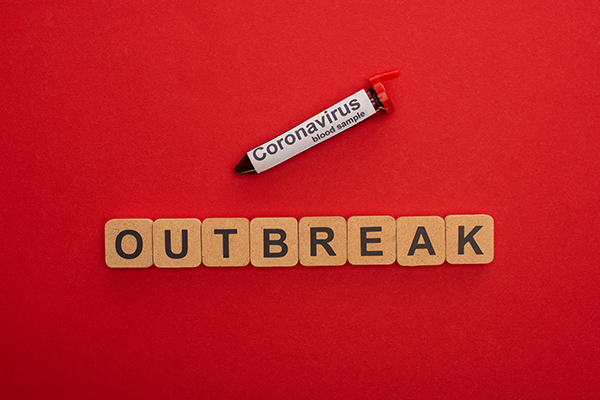

The coronavirus lockdown is leading to food adulteration.

The coronavirus lockdown is leading to food adulteration.

Although there is no evidence that COVID-19 can be transmitted through food, companies in the food industry must have good hygiene and safety practices in place to ensure product quality.

As the impacts of COVID-19 continue to increase, it is critical that food companies accurately account for this pandemic in demand forecasting to not only address immediate shortages, but also to avoid distortions in forward-looking projections. By creating “disruption databases” that capture critical information about the event, companies can equip themselves to prepare for future disruptions and improve their predictive modeling.

A reliable method is developed to identify Sepia Officinalis.

LAMP brings the benefit of a single assay protocol for testing all pathogens, enabling technicians to use the same protocol for all pathogen tests. This streamlined workflow involving minimal steps simplifies the process and reduces risk of human-caused error.

As facilities across the country are forced to shut down, the president and CEO of Smithfield Foods warns of a severe supply chain disruption as the United States’ meat supply teeters “perilously close to the edge”.

Seafood is a globally traded commodity that is subject to intense supply/demand and price pressures. It is one of the most fragmented food supply chains, and transparency into its actors and the movement of products has been notoriously elusive and difficult to manage.

Cassava starch is frequently used in starch adulteration.

Moving a traditional company with manual processes into the digital world takes collaboration.

Not only must companies in the food industry keep their facilities clean and employees safe, but they must also minimize additional exposures for suppliers or customers.